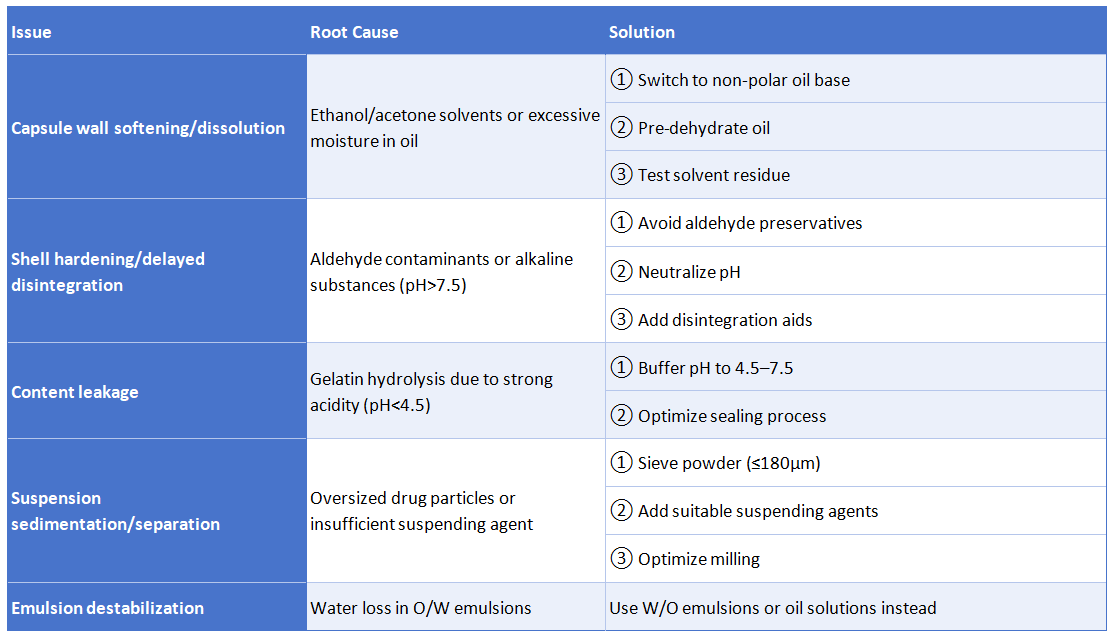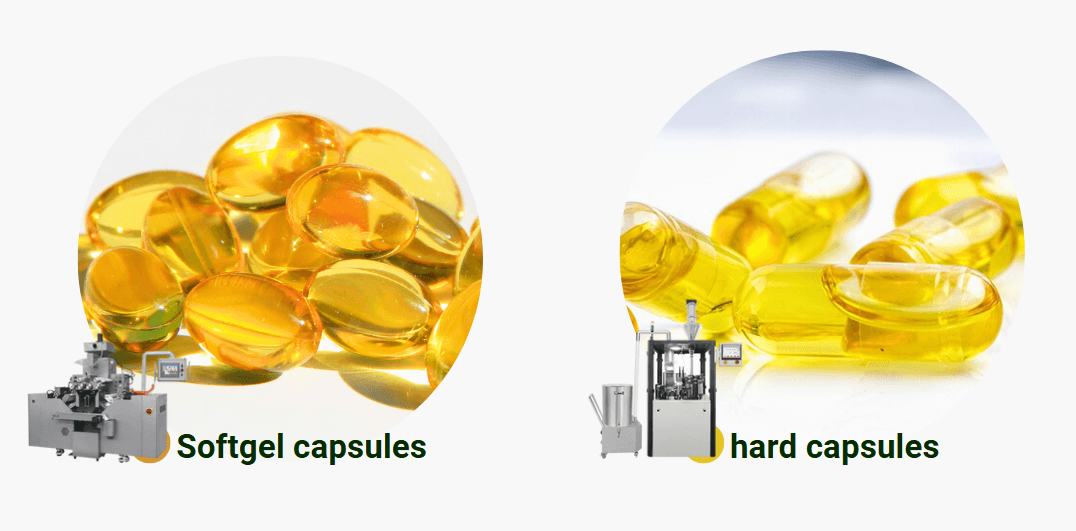Filling gelatin capsules with oil is a process that requires special attention compared to powder filling. Oils can leak, oxidize, or interact with the capsule shell if not handled correctly. This technique is widely used for fish oil, herbal extracts, and other nutritional or medicinal liquids, but success depends on using the right capsule type, preparing the oil properly, and sealing the capsules to avoid leakage.
You can fill gelatin capsules with oil by hand or with a liquid capsule filling machine, but you must choose the right capsule type, prepare the oil, and seal the capsules to prevent leaks and extend shelf life.

Oil Preparation and Filling Process
Proper oil preparation ensures product quality and ease of filling. Before use, oils should be filtered to remove particles, and antioxidants such as Vitamin E can be added to slow oxidation. If the oil is thick, gently warming it can make the filling process smoother.Proper oil preparation ensures product quality and ease of filling. Before use, oils should be filtered to remove particles, and antioxidants such as Vitamin E can be added to slow oxidation. If the oil is thick, gently warming it can make the filling process smoother.
The basic steps are straightforward:
1.Prepare and open the capsules, placing them in a holder or machine tray.
2.Measure and prepare the oil, making sure it is clean and at the right temperature.
3.Fill each capsule body with the exact volume needed using a pipette, syringe, or machine nozzle.
4.Close the capsules firmly, making sure the caps and bodies fit tightly.
5.Seal the capsules using band sealing or micro-drip sealing.
6.Allow the seal to dry, then store capsules in an airtight container away from heat and sunlight.
Choosing Capsules and Preparing the Oil
For oil-based fillings, you can use two main types of capsules.
Softgel capsules are pre-sealed and ideal for large-scale production, while two-piece hard gelatin capsules for liquids are better for smaller batches or custom formulations but require sealing. Capsule size depends on your dosage and oil thickness, with sizes 00 and 0 being most common for supplements. Oil preparation is equally important — filter out particles, add antioxidants like Vitamin E to slow oxidation, and gently warm thick oils so they flow more easily during filling.
Filling and Sealing the Capsules
In small-scale operations, you can manually fill capsules using a capsule holder and a pipette or syringe. For large-scale production, an
automatic liquid capsule filling machine ensures precise dosing and faster output. The process starts by loading capsule bodies into the holder or machine, filling each with the correct oil volume, and securely placing the caps. To prevent leakage, a sealing step is essential — either band sealing, which applies a thin gelatin strip around the joint, or micro-drip sealing, which uses a small amount of sealing solution to lock the capsule shut.
Drying, Storage, and Shelf Life
Once sealed, capsules should be left to dry so the seal sets properly. Store them in airtight containers, away from light, heat, and moisture, to maintain quality. Oil-filled capsules generally have a shorter shelf life than powder-filled ones, so proper sealing and antioxidant use are key. With correct handling, your capsules will remain stable, leak-free, and ready for distribution.
Common Issues & Solutions

Oil-filled capsules are more sensitive to storage conditions than powder-filled ones. Proper sealing, the use of antioxidants, and storage in a cool, dry place will help maintain quality and extend shelf life.
Related Topics and Answers
1. What is the difference
between softgel and hard gelatin capsules?
Softgels are pre-sealed during manufacturing, making them ideal for oils and long-term storage. Hard gelatin capsules are two-piece shells that can be filled with oils but require additional sealing to prevent leaks.
2. How can I prevent oil leakage in hard capsules?
Avoid overfilling, ensure the cap and body fit tightly, and use sealing methods such as band sealing or micro-drip sealing to create a leak-proof seal.
3. What are the best oils for encapsulation?
Popular choices include fish oil, MCT oil, and herbal extracts. Essential oils can also be encapsulated but should be properly diluted to avoid damaging the capsule shell.
4. How should oil-filled capsules be stored?
Keep them in airtight containers, away from heat, moisture, and direct sunlight. Refrigeration can extend shelf life but avoid freezing, which may cause the capsule shell to crack.
5. How do capsule sealing machines work?
They apply a thin layer of sealing solution—usually a gelatin mixture—around the joint between the capsule cap and body. Once dried, this forms a strong, leak-proof bond.
Summary
Filling gelatin capsules with oil is simple if you follow the right steps: choose the right capsule type and size, prepare the oil correctly, fill with precision, and seal securely. For small-scale work, manual tools are sufficient, while large-scale operations benefit from automated filling and sealing equipment. With the right method, you can produce stable, high-quality oil-filled capsules that meet both safety and efficiency requirements.
Looking to fill gelatin capsules with oil quickly and effectively?
Contact LTPM CHINA for professional liquid capsule filling machines and complete turnkey solutions tailored to your production needs.
